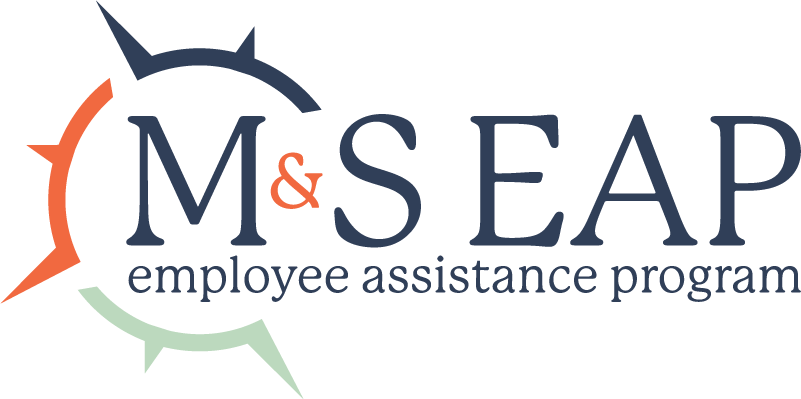Living On a Budget: The Basics

Who hasn’t fallen prey to the mantra: “treat yourself”? While splurging every now and then can be a fun way to practice self-care, the perks to indulging are short-lived. Overspending can quickly become a habit that causes more stress than contentment.
Learning how to budget and save money is an important life skill that will give you peace of mind and allow you to accomplish more in the long term. The financial freedom you gain through budgeting will help you to pursue education, choose a fulfilling career, build a family and invest in your future.
There are many different programs and philosophies when it comes to how to start a budget, and looking into your options will help you pick the best one for you. If you’re not ready to jump head-first into a program and are just looking for an overview, this article will show you the basics for how to establish a budget.
Think big picture
Start by taking some time to reflect on where you envision yourself in five, 10 or 15 years. Do you want to be working as the head of a company, have a family, work part-time or own your dream car? Where do you need to be financially to make those dreams a reality? Having an endpoint in mind will give purpose to your efforts and motivate you when you are faced with difficult budgeting decisions.
Set goals
Thinking big picture should help you to identify what is important now and help you to set both long and short-term goals. Having concrete goals will help you prioritize how to budget money and give you a sense of pride when you reach those milestones.
Use the acronym SMART (specific, measurable, achievable, relevant, and timely) when setting goals and make sure to write them down and have them somewhere you will see them regularly, like on your fridge or on a note in your wallet.
Short and long-term goals
Short-term goals are likely going to be daily, weekly or monthly objectives that deal with habitual spending habits. Short-term goals will typically emphasize cutting out unnecessary purchases to save money. An example of a short-term goal could be cutting your eating-out budget by ten dollars this week.
Long-term goals are goals you want to achieve over the course of a year or more. Big purchases like cars, housing and loans fit into this category. A long-term goal might be to pay off student debt within five years or save $10,000 for a down payment on a house.
Short-term goals help us to achieve little victories that serve to both inspire us, and build toward bigger change over time. Although a short-term goal may seem irrelevant in the grand scheme of budgeting, putting that 10 dollars a week into savings will get you $2,600 closer to being debt-free over five years’ time, just by cutting out two frivolous coffee stops.
Write a budget
One of the most daunting financial tasks can be learning how to set up a budget. There are limitless apps and online templates for writing a budget, and if you’re hoping to save money this is a crucial step. Figure out your monthly income and expenses and organize your budget by category.
Categorize expenses by housing, utilities, gas, eating out, groceries, clothes, etc. You can find these figures by looking over last month’s expenses, or by averaging out the last few items. Having an awareness of your typical monthly expenses will allow you to create a budget that is realistic, and therefore more likely to be followed. After drafting a budget, have a system to track your monthly expenses and check often to see if you’re sticking to your plan.
Prioritize spending on necessities
There are definitely some non-negotiables in budgeting. Housing, health insurance, groceries and so on are not items you can cut from your expenses. There are strategies for how to eat healthy on a budget, too, so don’t cut out things that truly promote your well-being.
Don’t make yourself miserable
Living on a diet of bread and water might save you a few dollars, but it’s not sustainable. A stingy budget could save you a lot of money at first, but if the experience is agonizing you’re not going to keep with it. Make a realistic budget for yourself and change habits slowly.
Intentionally allowing small rewards for sticking to a budget is a much better route that will leave you feeling proud of your progress, instead of guilty about spending. For example, for each month of successful budgeting allow yourself one purchase as a reward. Budget for the reward too, of course, but overall a budget should feel liberating because you can purchase that reward in good conscience.
Learning how to budget your money will give you the freedom to live a satisfying and comfortable life. Although it sounds difficult, the alternative is much worse. Save yourself the crippling limits of bad money management and invest in your future. Budgeting can give you peace of mind and eliminate unnecessary stress in your life.
Financial freedom is a lot like freedom from substance use. The road may be rocky, but the end result is well worth the journey. If you’re seeking a satisfying life and are ready to leave substances behind, consult Real Recovery Clinical Services in Asheville, North Carolina. Experienced professionals can help you to kick your addiction, and will help to set you up for success in all areas of your life, including how to create a budget. Call (855) 363-7325 today, to take your first steps toward recovery and responsible financing today.



